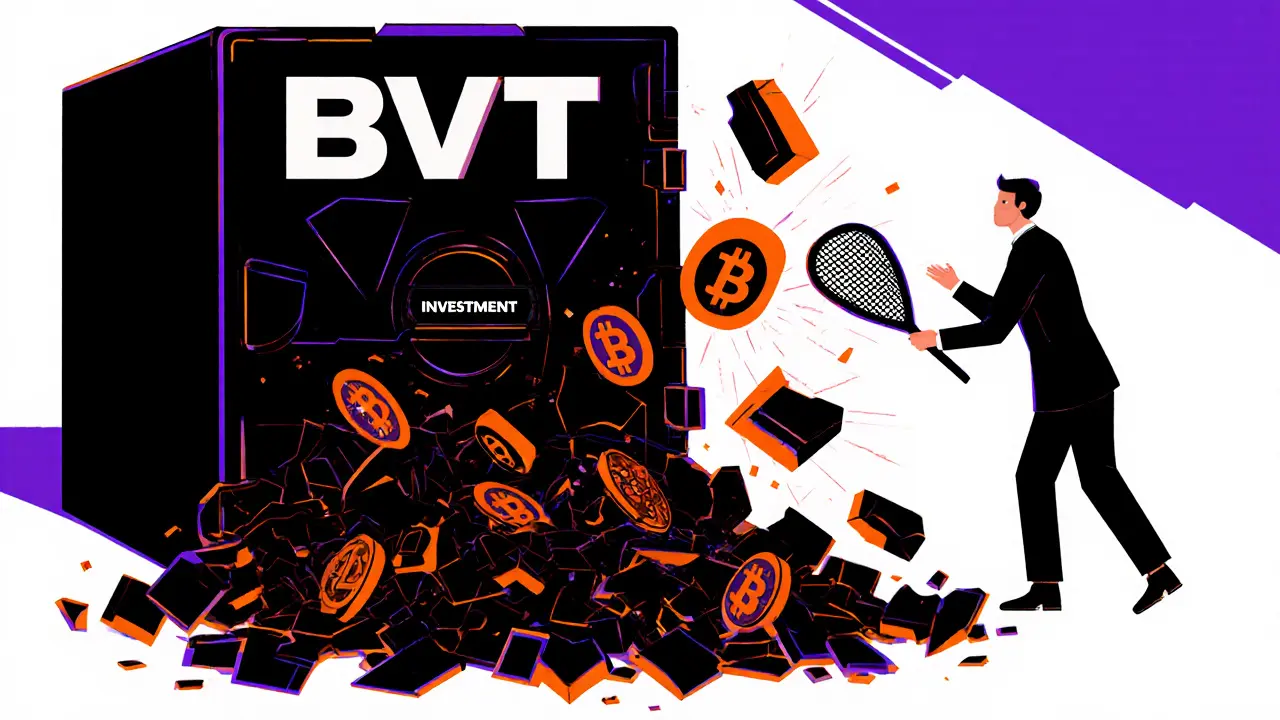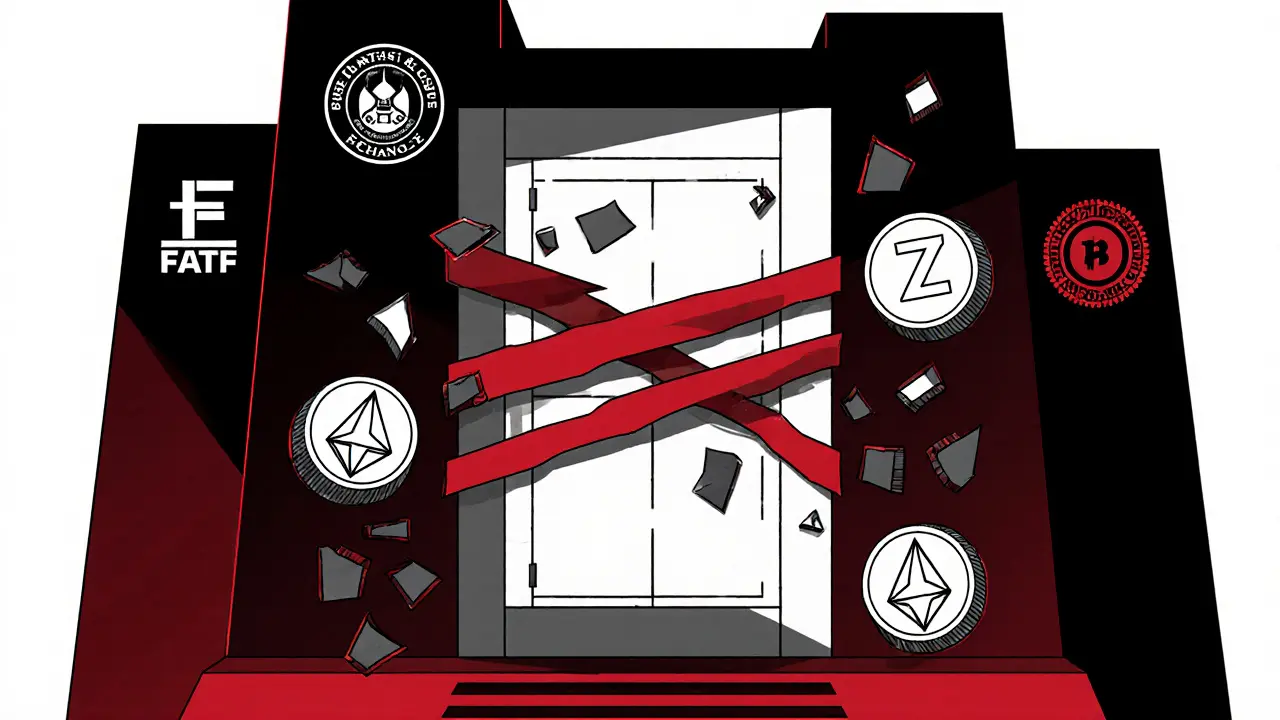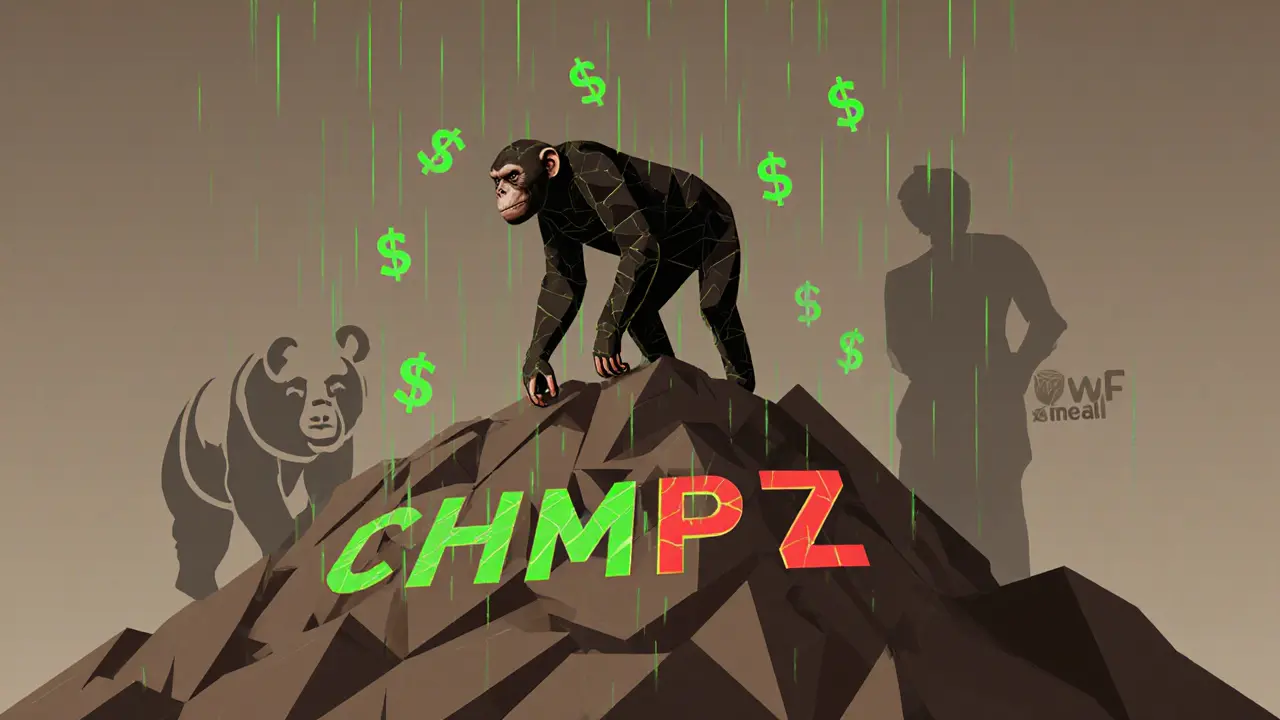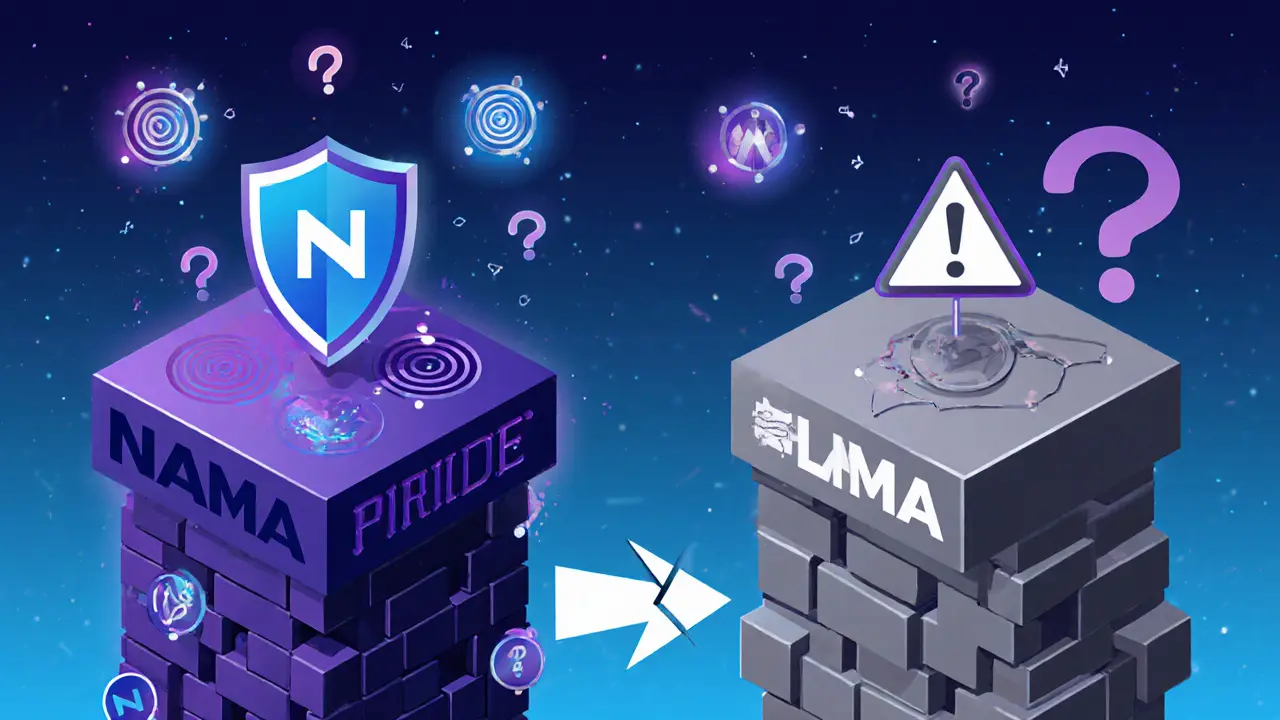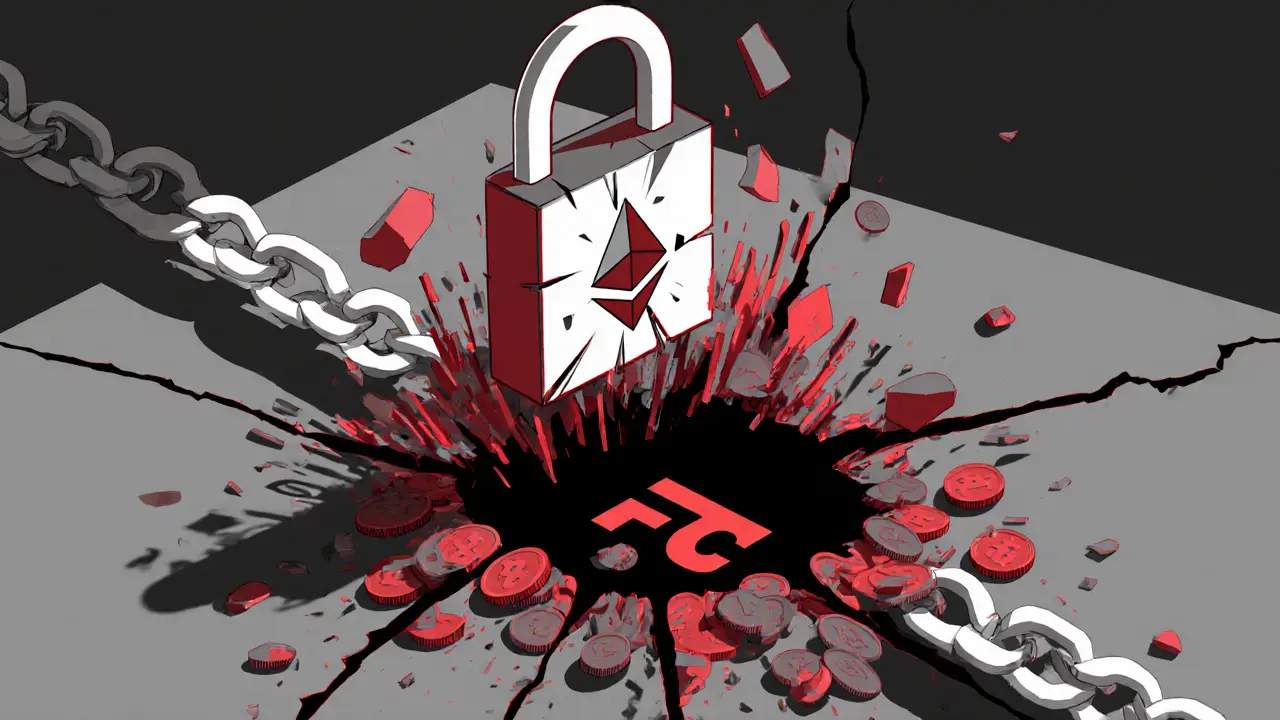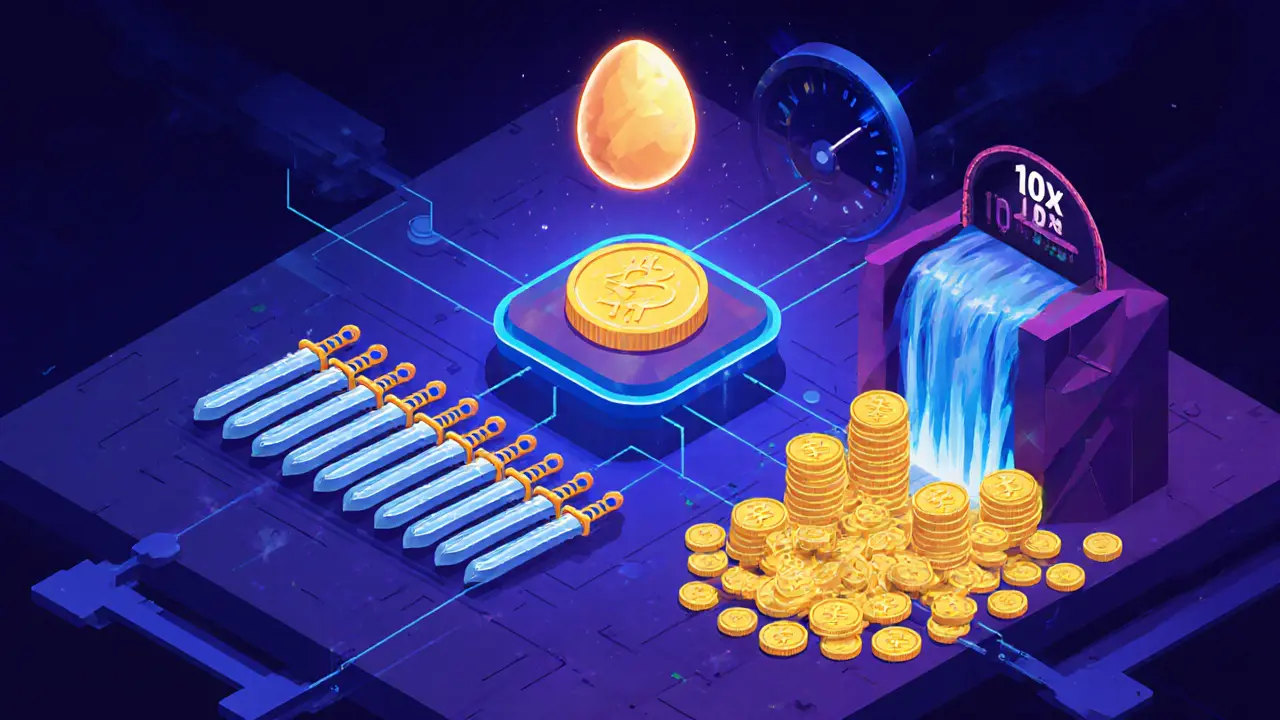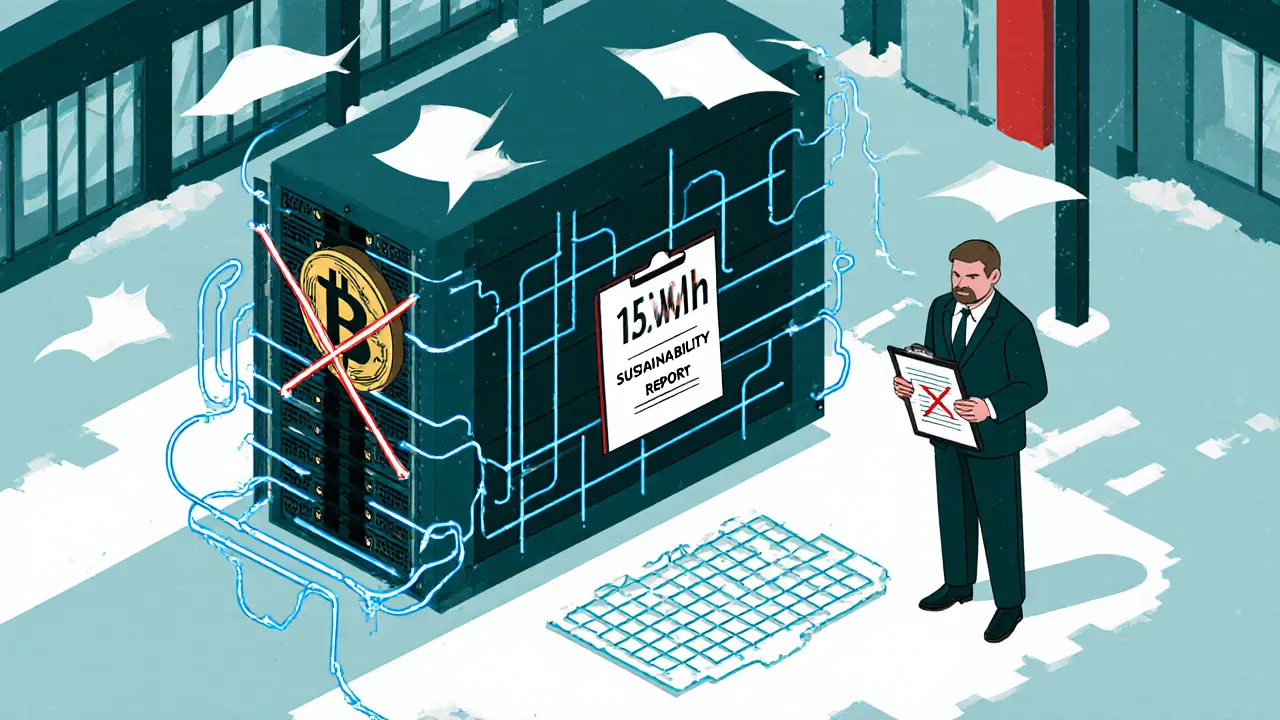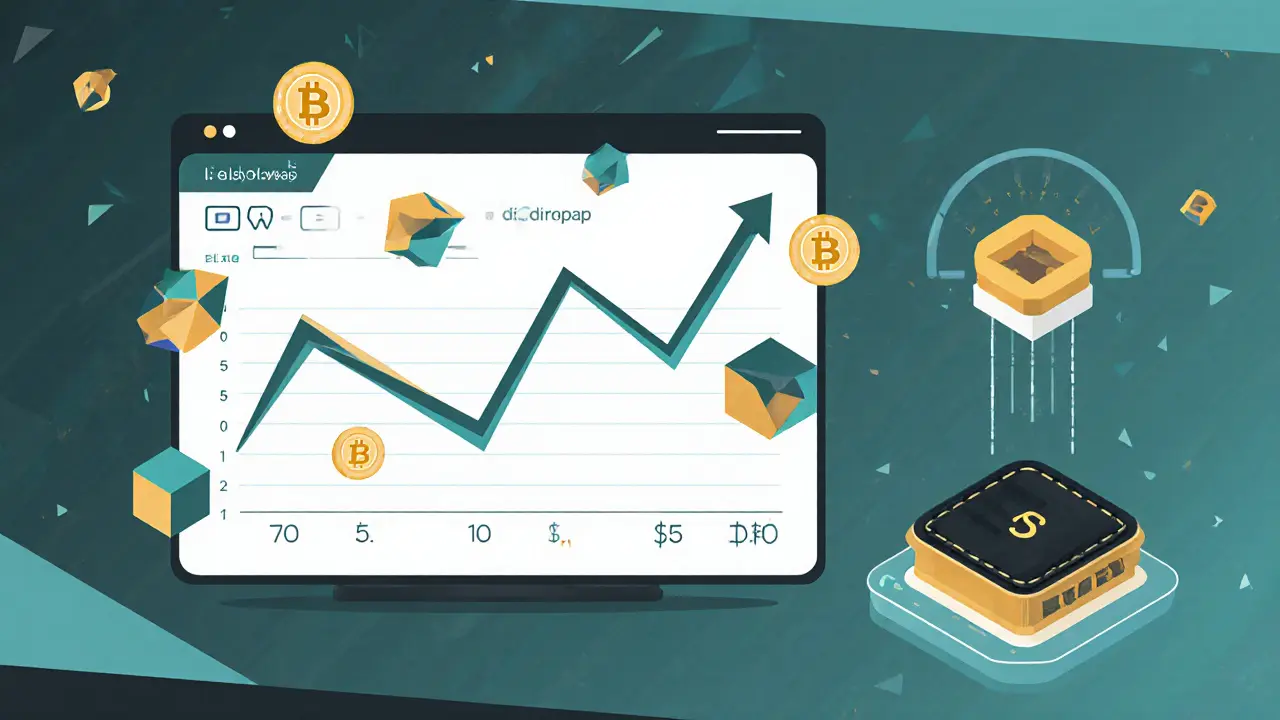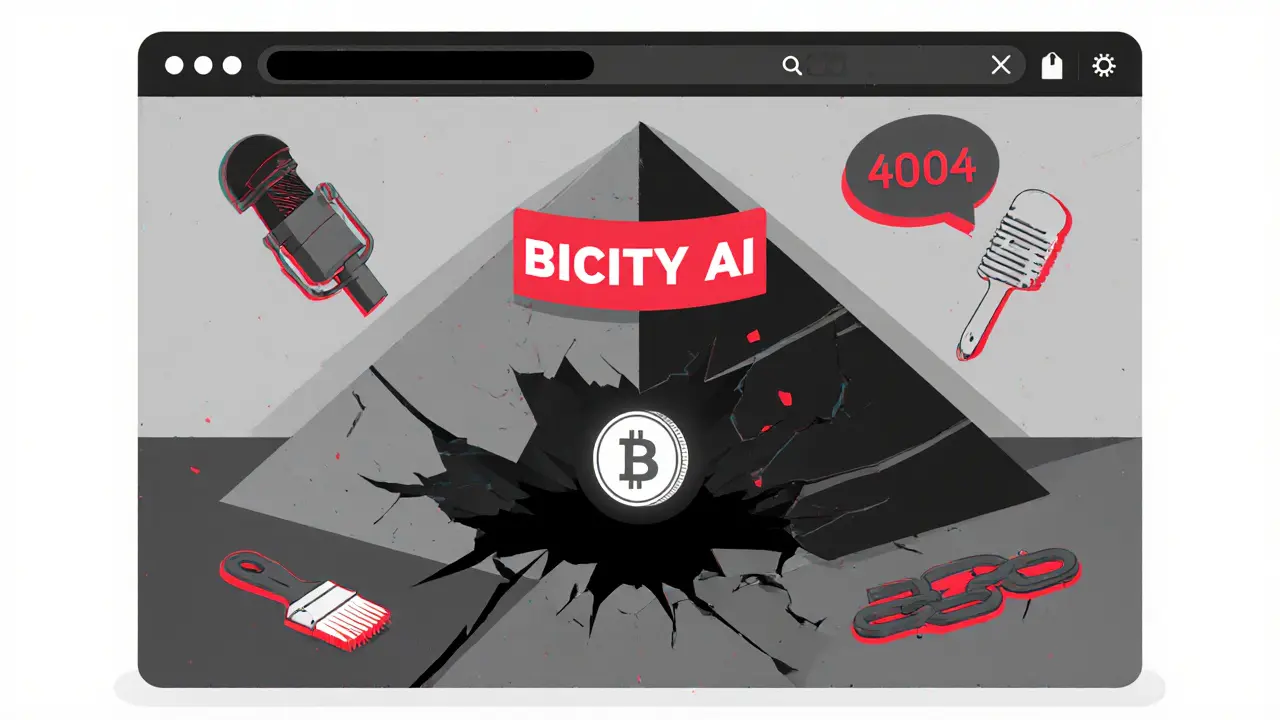20th APS - Page 8
What is BlockVault Token (BVT)? The Truth About This High-Risk Crypto Coin
BlockVault Token (BVT) is a high-risk crypto with wild price swings, inconsistent supply data, and no major exchange support. Learn why it's not a viable investment and what to watch out for.
learn moreWhat Is a Block in Blockchain Technology? Simple Breakdown of How It Works
A block in blockchain is a secure, timestamped container of transactions that links to the previous block, creating an unchangeable chain. It’s the foundation of trust in decentralized systems like Bitcoin and Ethereum.
learn morePrivacy Coins Regulations: Monero and Zcash Restrictions in 2025
Monero and Zcash face growing restrictions in 2025 as global regulators crack down on anonymous crypto. Exchanges delist them, P2P trading rises, and privacy vs. compliance becomes the defining battle for the future of cryptocurrency.
learn moreRenewable Energy Credits on Blockchain: How Digital Ledgers Are Transforming Clean Energy Tracking
Blockchain is transforming how renewable energy credits are tracked, traded, and verified-cutting fraud, reducing costs, and enabling peer-to-peer clean energy sales. Here’s how it works and why it matters.
learn moreWhat is Chimpzee (CHMPZ) Crypto Coin? Facts, Risks, and Real-World Impact
Chimpzee (CHMPZ) is a crypto token promising passive income and animal conservation - but it lacks proof of donations, has extreme volatility, and trades only on small exchanges. Here's what you really need to know before buying.
learn moreNAMA Protocol Airdrop by Nama Finance: What Actually Happened and Why You Might Be Confused
NAMA Protocol by Nama Finance never ran an airdrop - the 65M token drop you heard about was from Namada (NAM), a totally different project. Learn the truth, avoid scams, and understand what each blockchain actually does.
learn moreCoinlim Crypto Exchange Review: Fees, Features, and Whether It's Right for You
Coinlim is a crypto exchange with ultra-low 0.10% trading fees and advanced tools like bots and arbitrage signals - but it doesn't accept fiat deposits. Perfect for experienced traders who already own crypto and want to cut costs.
learn moreHAI Hacken Token Airdrop: What Really Happened and Why There’s No Airdrop
HAI token was destroyed by a security breach that allowed hackers to mint millions of fake tokens. There is no airdrop - any claim of one is a scam. Learn what happened and how to avoid losing money.
learn moreERC-1155: The Multi-Token Standard Explained for Developers and Gamers
ERC-1155 is a blockchain standard that lets one smart contract manage fungible tokens, NFTs, and semi-fungible assets together. It cuts gas fees by up to 90% and is now the top choice for blockchain games and complex digital economies.
learn moreEnvironmental Concerns Drive Sweden’s Strict Crypto Mining Restrictions
Sweden is tightening regulations on crypto mining due to its high energy use, pushing miners to relocate or switch to greener models. While not banned, mining now faces strict transparency rules and banking barriers.
learn moreDivergence (DIVER) Airdrop: What’s Real, What’s Not, and How to Get DIVER Tokens
No official DIVER airdrop exists. Learn how Divergence Protocol distributed tokens via Dutch auction, how to earn DIVER through real usage, and why fake airdrop sites are dangerous.
learn moreWhat is BiCity AI Projects (BICITY) crypto coin? Facts, risks, and why it's collapsing
BiCity AI Projects (BICITY) was a crypto token promising AI content tools, but it collapsed after a massive price pump. Now worth less than half a cent, the platform doesn't work, the team is anonymous, and there's no real product.
learn more